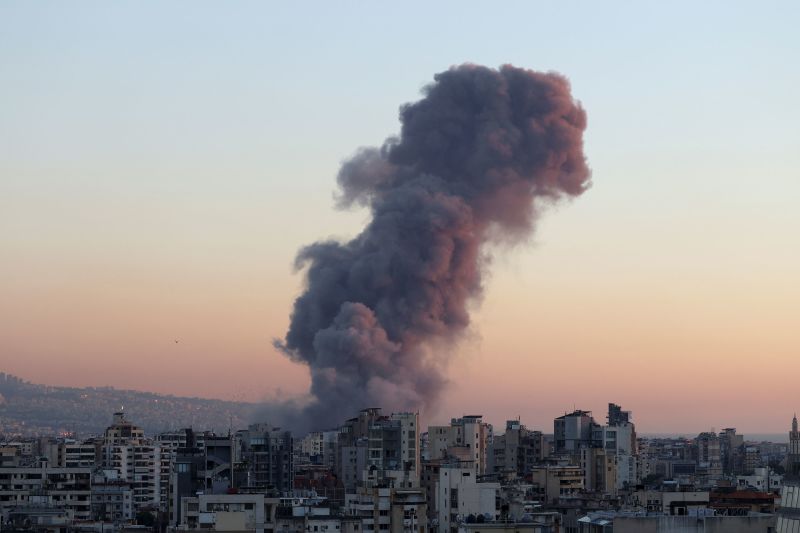
Hezbollah Contemplates Retaliation: The Weight of Israel’s Next Move
In the wake of the recent killing of senior Hezbollah operative, Ali Mohammed Younis, the militant group is considering their response as tensions in the region continue to escalate. However, it is crucial to recognize that Israel’s actions and decisions in the coming days will play a significant role in determining the course of events.
Hezbollah, a powerful and influential organization based in Lebanon, has a history of retaliating fiercely when its members are targeted. The group’s leader, Hassan Nasrallah, has vowed to respond to Younis’ killing, raising concerns about the potential for further violence and conflict in the already volatile region.
Israel’s next steps following the operation that took out Younis will be closely scrutinized, as any perceived escalation or provocation from the Israeli side could trigger a larger and potentially devastating conflict. With both Hezbollah and Israel possessing significant military capabilities and a history of engaging in conflicts, the situation is highly sensitive and precarious.
It is essential for both parties to exercise restraint and pursue diplomatic avenues to prevent a dangerous escalation of hostilities. Communication channels between Hezbollah and Israel must remain open to avoid misunderstandings and miscalculations that could lead to a full-blown conflict.
The international community also has a crucial role to play in de-escalating the situation and preventing a further deterioration in the already tense relationship between Hezbollah and Israel. Diplomatic efforts should be intensified to urge both sides to prioritize dialogue and negotiation over confrontation and violence.
In conclusion, the killing of Ali Mohammed Younis has escalated tensions between Hezbollah and Israel, and both parties must tread carefully in the coming days to prevent a full-scale conflict. Israel’s next steps will be critical in determining the course of events, and it is imperative for all parties involved to prioritize diplomatic solutions and avoid actions that could lead to further violence and instability in the region.
